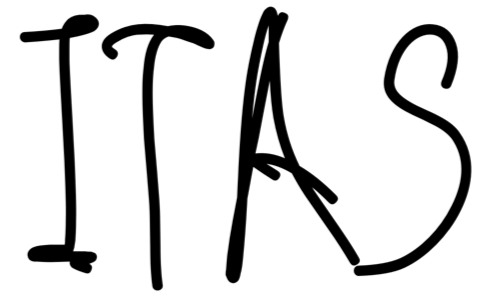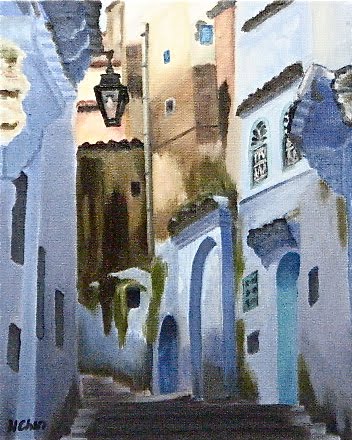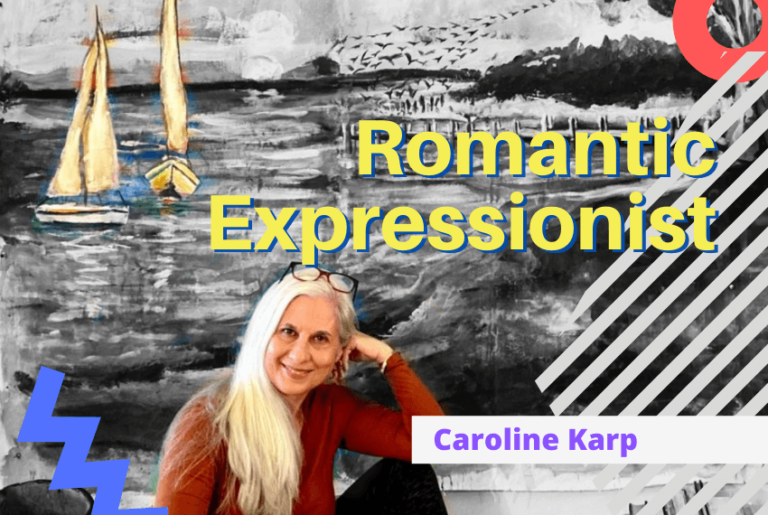ITAS Podcast Episode #7

To spruce things up a little bit on the podcast, we brought a person who is not your typical artist to talk about his perspective on creativity. Homer Chin is a retired surgeon and a competitive tennis player. A high-achiever and perfectionist, he picked up a brush about 17 years ago and signed up for an oil painting class.
Listen to episode #7 to hear a full story!
There’s no creativity in painting
I started painting in 2004 when I was still a full-time ObGyn surgeon. Now, I’m 90% retired, I’m no longer seeing patients, I’m no longer performing surgery, but I’m still doing some consulting work that actually takes up a fair amount of my time.
A lot of people look at painting as being something that is creative. And I’ve often thought about that as well. It’s not really that creative. Unless you’re creating something from your mind.
You know what I do and a lot of painters do is they paint from a scene. It may be a plein air scene. It may be a photograph, it may be another painting. But there’s a reference point. And you paint from that reference point, you’re not creating that reference point.
You know, it’s kind of analogous to people who play the piano very well. I don’t necessarily consider them creative, I consider creative people who write the music. But to take sheet music and to play it well is certainly admirable, it takes a lot of skill, but I’m not sure that I would consider it creative.
In a sense, just like piano playing. I think a lot of painting is, for lack of a better term, very technical. It’s problem-solving. It’s basically looking at something, whether it’s a picture or a plein air scene, and saying, Well, how can I get what I see onto the canvas, in a way that is pleasing to the eye. And there are all sorts of techniques for that.
I mean, learning how to paint is basically learning different techniques and learning kind of the basic concepts of color, and value, and drawing, and things of that sort. So everybody has a few tricks that they utilize. And I think that gets back to what made it fun. And what made it educational for me is to be with other painters to see how they tackled a particular problem.
Professional perfectionism
My painting teacher once said to me, and I think it’s so true, that there’s only one profession that is harder to teach how to paint than doctors, and that is engineers. Now, engineers want to get every line straight, they’ll get a protractor out and they’ll get every angle straight. But doctors are not far behind. And I think that was something that I had to get over.
Unfortunately, I think that when you go from medicine to painting, your expectations are a little bit different. I think they’re unreasonably higher than they should be. When I first started painting I would be disappointed if not every single painting turned out the way I wanted it to turn out.
I haven’t read this anywhere, but, realistically, if you were a painter and one painting out of every five or six was successful, I think you would consider yourself to be a pretty good painter. But in medicine, that doesn’t really apply. I mean, if I were doing surgery on six patients, and only one of them got through surgery without any complications, I’d be a pretty terrible surgeon! But I had to get past that pressure that every single painting had to turn out perfect and had to be good enough painting to put on a website or bring to a show, or put in a frame.
Where to find Homer online
Portfolio on BlogSpot


















